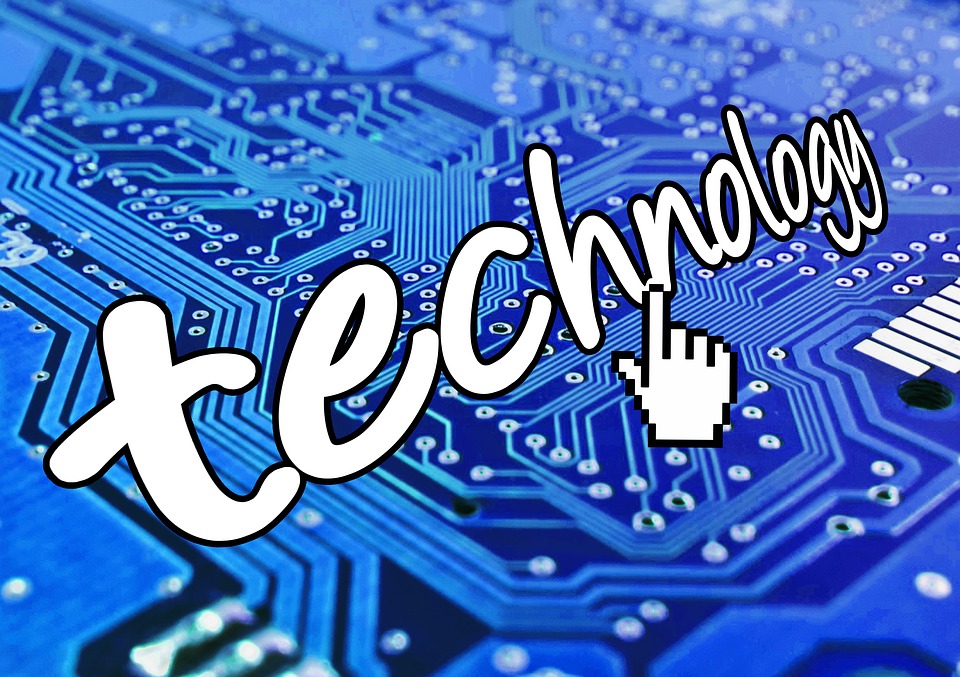In the realm of Artificial Intelligence (AI), cognitive computing stands as a formidable force, redefining the way we interact with technology and permeating our daily lives in profound ways. As this transformative technology evolves, its impact on everyday life becomes increasingly evident, touching various aspects of how we work, communicate, and navigate the world around us.
Understanding Cognitive Computing:
Cognitive computing represents a subset of Artificial Intelligence (umela inteligence) that simulates human thought processes. Unlike traditional computing that follows explicit programming, cognitive computing systems leverage machine learning algorithms to process vast amounts of data, recognize patterns, and make decisions in a manner akin to human cognition. The goal is to create systems that can learn, reason, and adapt, enhancing their ability to perform complex tasks and solve intricate problems.
Personalized Experiences:
One of the hallmarks of cognitive computing in our daily lives is the delivery of personalized experiences. Whether it’s the recommendations on streaming platforms, personalized advertisements on social media, or the intuitive responses of virtual assistants, cognitive computing algorithms analyze vast datasets to understand individual preferences and behaviors. This level of personalization not only enhances user satisfaction but also underscores the adaptability and learning capacity of these intelligent systems.
Natural Language Processing (NLP):
Cognitive computing’s impact is particularly pronounced in the realm of Natural Language Processing (NLP). Virtual assistants like Siri, Alexa, and Google Assistant are prime examples of NLP in action, enabling users to interact with devices using natural language commands. Voice-activated assistants not only understand spoken words but also learn from user interactions over time, refining their responses and adapting to individual speech patterns.
Healthcare Revolution:
In healthcare, cognitive computing is making significant strides, revolutionizing patient care and diagnosis. Machine learning algorithms analyze vast amounts of medical data, including electronic health records, imaging scans, and research papers, to identify patterns and trends. This aids medical professionals in making more accurate diagnoses, predicting potential health risks, and personalizing treatment plans for patients.
Enhancing Decision-Making:
Cognitive computing excels in supporting decision-making processes across various domains. In finance, algorithms analyze market trends, assess risks, and optimize investment portfolios. Businesses leverage cognitive computing for data-driven decision-making, extracting insights from large datasets to inform strategic choices. The ability to process information at a rapid pace enhances the accuracy and efficiency of decision-making in real-time scenarios.
Smart Cities and Cognitive Computing:
The impact of cognitive computing extends to the development of smart cities, where technology is harnessed to improve urban living. Intelligent systems analyze data from sensors, traffic cameras, and other sources to optimize traffic flow, manage energy consumption, and enhance public safety. This integration of cognitive computing contributes to creating more efficient, sustainable, and livable urban environments.
Challenges and Ethical Considerations:
As cognitive computing becomes more integrated into everyday life, it raises challenges and ethical considerations. Issues such as data privacy, algorithmic bias, and the potential impact on employment demand careful consideration. Responsible development and deployment of cognitive computing systems require transparency, accountability, and a commitment to addressing ethical concerns to ensure that the benefits are shared equitably.
Looking Ahead:
The evolution of cognitive computing suggests a future where intelligent systems play an even more integral role in our daily lives. Advancements in algorithms, the integration of cognitive computing into diverse industries, and ongoing research will continue to shape the trajectory of this technology. As we look ahead, the focus must remain on responsible AI practices, ethical considerations, and ensuring that cognitive computing contributes positively to the well-being of individuals and societies.
In conclusion, cognitive computing’s impact on everyday life is a testament to the transformative power of AI. From personalized experiences and healthcare advancements to enhancing decision-making processes, this technology is reshaping the way we interact with the digital world. As cognitive computing continues to evolve, it holds the promise of creating a future where intelligent systems contribute positively to efficiency, innovation, and the overall betterment of society.

